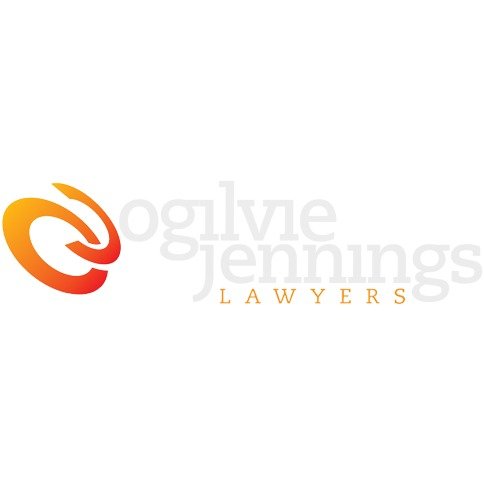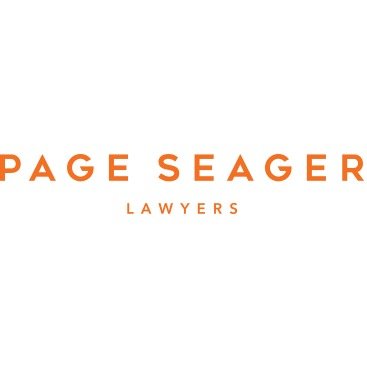Best Landlord & Tenant Lawyers in Hobart
Share your needs with us, get contacted by law firms.
Free. Takes 2 min.
Free Guide to Hiring a Real Estate Lawyer
List of the best lawyers in Hobart, Australia
About Landlord & Tenant Law in Hobart, Australia
Landlord and tenant law in Hobart, Tasmania, Australia is primarily governed by the Residential Tenancy Act 1997. This legislation determines the rights and responsibilities of both landlords and tenants in private rental residences. It includes conditions for renting a property, measures to ensure the property is safe, health and livability standards, and grounds for lease terminations and evictions.
Why You May Need a Lawyer
Legal assistance in landlord and tenant law can be required in a variety of situations. As a tenant, you might need a lawyer to ensure your rights around livability, privacy, and fair rent are being respected. If your landlord refuses to carry out necessary repairs or if you are facing eviction, a lawyer could provide valuable guidance. On the other hand, if you're a landlord facing certain challenges like property damage, rent arrears, or problematic tenants breaching the terms of the lease, you could benefit from legal counsel. Such situations can be complex and require a deep understanding of the local laws.
Local Laws Overview
The Residential Tenancy Act 1997 in Tasmania sets out specific guidelines for landlords and tenants. These include requirements for a written lease agreement, mutual obligations for maintenance and upkeep of the property, procedures for rent increases, rules around security deposits, and protocols for lease termination. The Act also provides guidelines on dispute resolution, including recourse to the Residential Tenancy Commissioner or Magistrates Court in face of disagreements.
Frequently Asked Questions
What protections do tenants have against eviction in Hobart?
The Residential Tenancy Act provides tenants in Hobart with protection against unlawful eviction. A landlord can only end a lease under specified conditions, like rent arrears or material breach of the lease, and must provide a proper notice.
Can a landlord increase rent arbitrarily in Hobart?
No, landlords in Hobart may not arbitrarily increase rent. Any rent increase must adhere to rules set out in the Act. Regular rent increase intervals and advance notice requirements must be adhered to.
What responsibilities do landlords have towards property maintenance?
Landlords are obligated to provide and maintain premises in a reasonable state of repair, meeting specific health and safety standards. The tenant, however, also has responsibilities to report damages and keep the place tidy.
What happens if a tenant violates the lease agreement?
If a tenant violates the lease agreement, such as failing to pay rent or causing significant damage to the property, the landlord can take action which could ultimately lead to eviction. However, due process according to the law must be followed.
What options do I have if there are disputes between the tenant and landlord?
In case of disputes, parties can approach the Office of Residential Tenancies for resolution. If this fails, they can take their case to the Magistrates Court.
Additional Resources
The Consumers, Building and Occupational Services (CBOS) - a part of the Tasmania Department of Justice - provides a wealth of information and resources regarding residential tenancies. It can provide assistance with disputes resolution as well as guidance on rights and responsibilities under the Residential Tenancy Act.
Next Steps
If you need legal advice in landlord and tenant related matters, consider contacting a legal professional experienced in this field. They can provide advice tailored to your situation, ensuring you understand your rights and obligations under Tasmania's Residential Tenancy Act.
Lawzana helps you find the best lawyers and law firms in Hobart through a curated and pre-screened list of qualified legal professionals. Our platform offers rankings and detailed profiles of attorneys and law firms, allowing you to compare based on practice areas, including Landlord & Tenant, experience, and client feedback.
Each profile includes a description of the firm's areas of practice, client reviews, team members and partners, year of establishment, spoken languages, office locations, contact information, social media presence, and any published articles or resources. Most firms on our platform speak English and are experienced in both local and international legal matters.
Get a quote from top-rated law firms in Hobart, Australia — quickly, securely, and without unnecessary hassle.
Disclaimer:
The information provided on this page is for general informational purposes only and does not constitute legal advice. While we strive to ensure the accuracy and relevance of the content, legal information may change over time, and interpretations of the law can vary. You should always consult with a qualified legal professional for advice specific to your situation.
We disclaim all liability for actions taken or not taken based on the content of this page. If you believe any information is incorrect or outdated, please contact us, and we will review and update it where appropriate.













